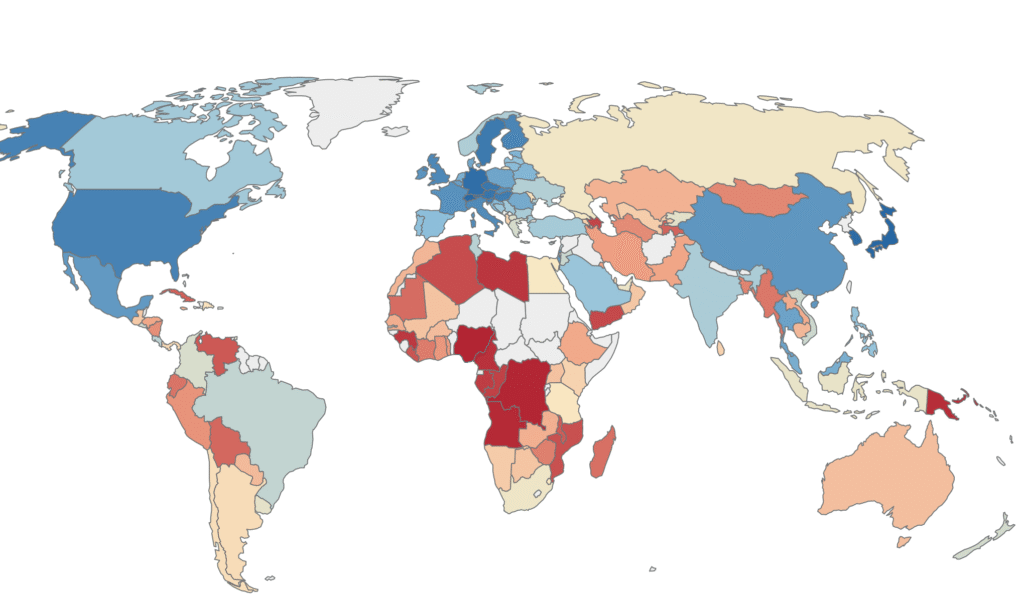cridP Publication Ethics
JRID is a Scholarly Journal for Multidisciplinary Publications and Transformative Research
CRIDP Publication Ethics
At CRIDP (CRID Publications), we are deeply committed to upholding the highest standards of integrity, transparency, and ethical conduct in scholarly publishing. Our ethical policy is aligned with the guidelines provided by the Committee on Publication Ethics (COPE) and is strictly followed across all our journals and publishing platforms, including the Journal of Research Innovation and Development (JRID).
We believe that ethical publication is the cornerstone of quality research, trust in the academic community, and the credibility of the scientific record.
1. Responsibilities of Authors
Authors submitting manuscripts to CRIDP journals are expected to:
Ensure Originality: Submit only original work that has not been published previously and is not under consideration elsewhere.
Avoid Plagiarism: Properly cite all sources and avoid all forms of plagiarism, including self-plagiarism.
Declare Conflicts of Interest: Disclose any financial or personal relationships that may influence the research.
Ensure Accurate Authorship: Only those who have made significant contributions should be listed as authors. Others may be acknowledged.
Provide Ethical Approval: For studies involving human or animal subjects, appropriate ethical approval from recognized institutions must be obtained and documented.
Correct Errors: Promptly inform the journal if a significant error is discovered after submission or publication, and cooperate with correction or retraction procedures.
2. Responsibilities of Editors
Editors working with CRIDP journals are responsible for:
Fair and Unbiased Review: Ensuring that all submissions are evaluated based on academic merit and relevance, regardless of the authors’ gender, race, nationality, or institutional affiliation.
Confidentiality: Maintaining the confidentiality of submitted manuscripts and not disclosing information to anyone except those involved in the evaluation process.
Editorial Independence: Making decisions independently of commercial or political pressures and ensuring integrity in the peer review process.
Addressing Misconduct: Taking swift and appropriate action when ethical concerns or allegations of misconduct are raised, in accordance with COPE flowcharts and best practices.
3. Responsibilities of Reviewers
Reviewers are integral to the CRIDP quality assurance process. They must:
Provide Constructive Feedback: Evaluate manuscripts objectively, clearly, and courteously, offering guidance for improvement.
Maintain Confidentiality: Keep all information about submitted manuscripts confidential.
Avoid Conflicts of Interest: Decline to review if they have any personal or professional conflict with the author(s).
Be Timely: Complete reviews within the agreed timeline to maintain the efficiency of the review process.
4. Handling of Misconduct
CRIDP takes all forms of unethical behavior seriously. If misconduct is identified (e.g., plagiarism, data fabrication, unethical experimentation), the publisher will:
Conduct a thorough investigation.
Notify the authors and provide an opportunity to respond.
Retract or correct the article as appropriate.
Inform relevant institutions or funding bodies if needed.
We also publish retractions, corrections, or editorial notes as required to maintain transparency and preserve the integrity of the academic record.
5. Data Transparency and Availability
Authors are encouraged to make their data available for validation and replication purposes where applicable. Journals may require a data availability statement or supplementary data as part of the submission process.
6. Intellectual Property and Copyright
All CRIDP journals respect the intellectual property rights of authors. Upon acceptance, authors retain the copyright of their work under an open access license (e.g., Creative Commons), allowing wide dissemination and reuse with proper attribution.
Together, we are building a more inclusive and informed future—one open article at a time.
7. Appeals and Complaints
By fostering a culture of ethical research and transparent publishing, CRIDP aims to build trust among readers, authors, and institutions. We are committed to upholding the values of academic freedom, accountability, and scholarly excellence in all our publications.
For further guidance, we refer to and follow the COPE Core Practices.
Ready to Drive Change through Research?
Submit Your Article to JRID in Advancing Innovation, Knowledge, and Impact for a Sustainable Future

